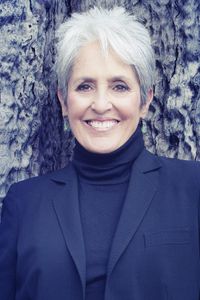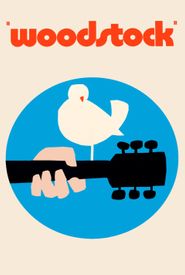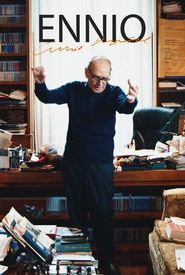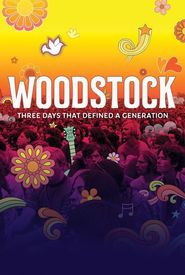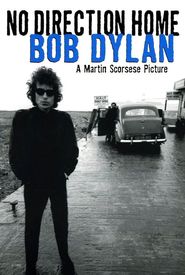Joan Baez, the middle daughter of Albert Baez and Joan Baez Sr., was born into a family that would soon embark on a journey that would shape her future. At the tender age of 10, her father took a job in Baghdad, Iraq, and the family followed, only to relocate to Palo Alto, California, a year later, where her father would take up a teaching position at Stanford University.
As a young girl, Joan was exposed to various influences that would later shape her musical and activist endeavors. In 1956, she purchased her first guitar, and in the same year, she heard Martin Luther King Jr.'s lecture on nonviolence, which had a profound impact on her. The following year, she was introduced to Ira Sandperl, a Gandhian scholar, who would also significantly influence her work.
Joan graduated from Palo Alto High School in 1958, but her initial attempts at recording an album were met with failure. Undeterred, she moved to Massachusetts in 1959, where her father had taken a teaching position at MIT. It was during this period that she began performing at Club 47, a folk music club in Cambridge, and participated in the album "Folksingers 'Round Harvard Square".
Her big break came in 1960, when she met Odetta and Bob Gibson while performing at Chicago's "Gate of Horn". Bob invited her to perform at the Newport Folk Festival, which catapulted her to fame as a folksinger. Her debut album for Vanguard, "Joan Baez", was a huge commercial success, followed by her second album, which cemented her status as a rising star in the music industry.
The early 1960s saw Joan become increasingly involved in the civil rights movement, performing at numerous southern civil rights events and releasing her Grammy-nominated album "Joan Baez in Concert". She also launched a tax revolt in protest of the Vietnam War, protested Pete Seeger's exclusion by ABC-TV, and joined the Free Speech Movement at Berkeley and the civil rights march in Selma, Alabama.
Joan's activism and music continued to evolve throughout the 1960s and 1970s. In 1967, she spent two brief periods in jail for anti-war protests, and in 1969, she gave birth to her son, Gabriel Harris, while his father, David Harris, was serving a sentence for draft resistance. The 1970s saw her embark on a world tour, performing in Japan, Australia, Israel, Lebanon, Tunisia, and Argentina, and her songs were featured in the films "Sacco & Vanzetti" and "Celebration at Big Sur".
The 1978 film "Renaldo and Clara" showcased her performances in Bob Dylan's Rolling Thunder tours, and in 1980, she was awarded honorary Doctor of Humane Letters degrees from Antioch University and Rutgers University for her music and activism. The following year, PBS aired the documentary "There But For Fortune: Joan Baez in Latin America", which highlighted her humanitarian work.
Throughout her illustrious career, Joan has continued to release albums, perform concerts, and advocate for various causes, with her music and message of love, peace, and social justice inspiring generations of fans around the world.
